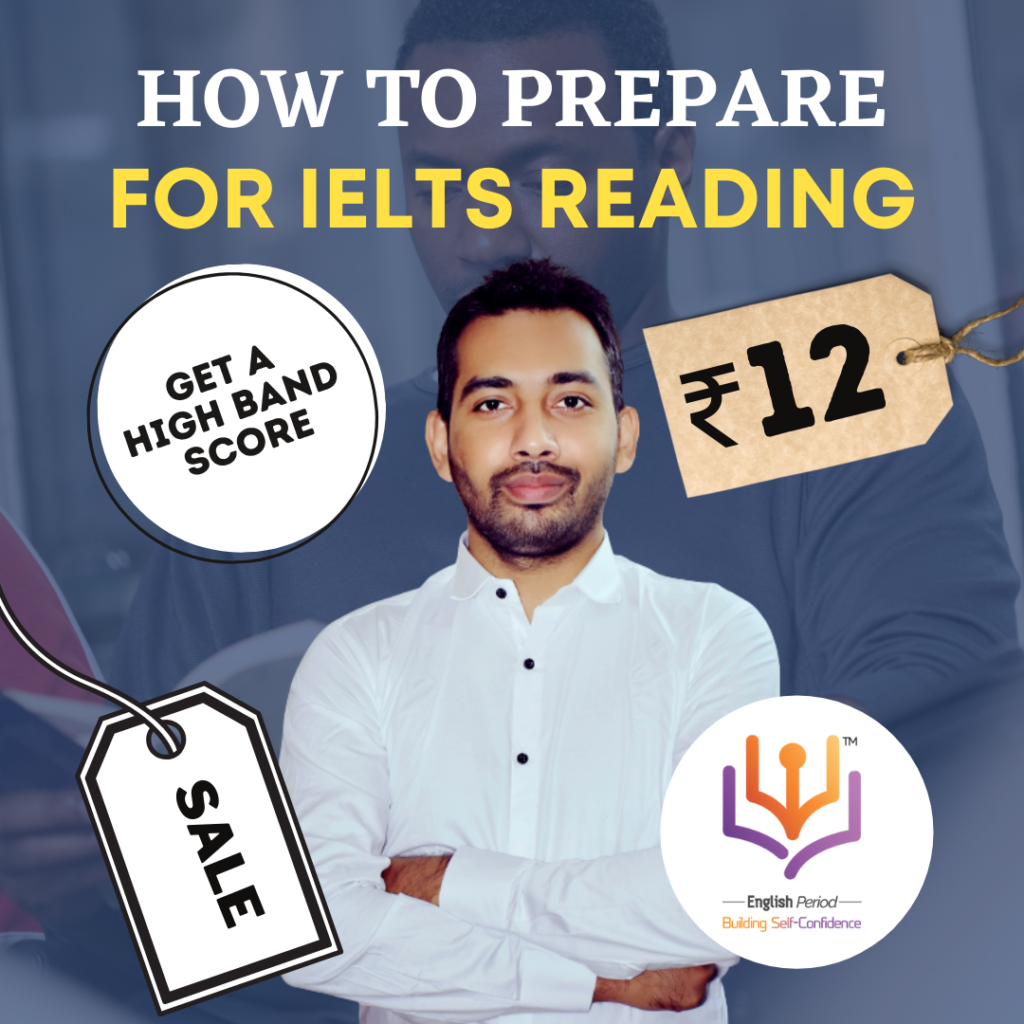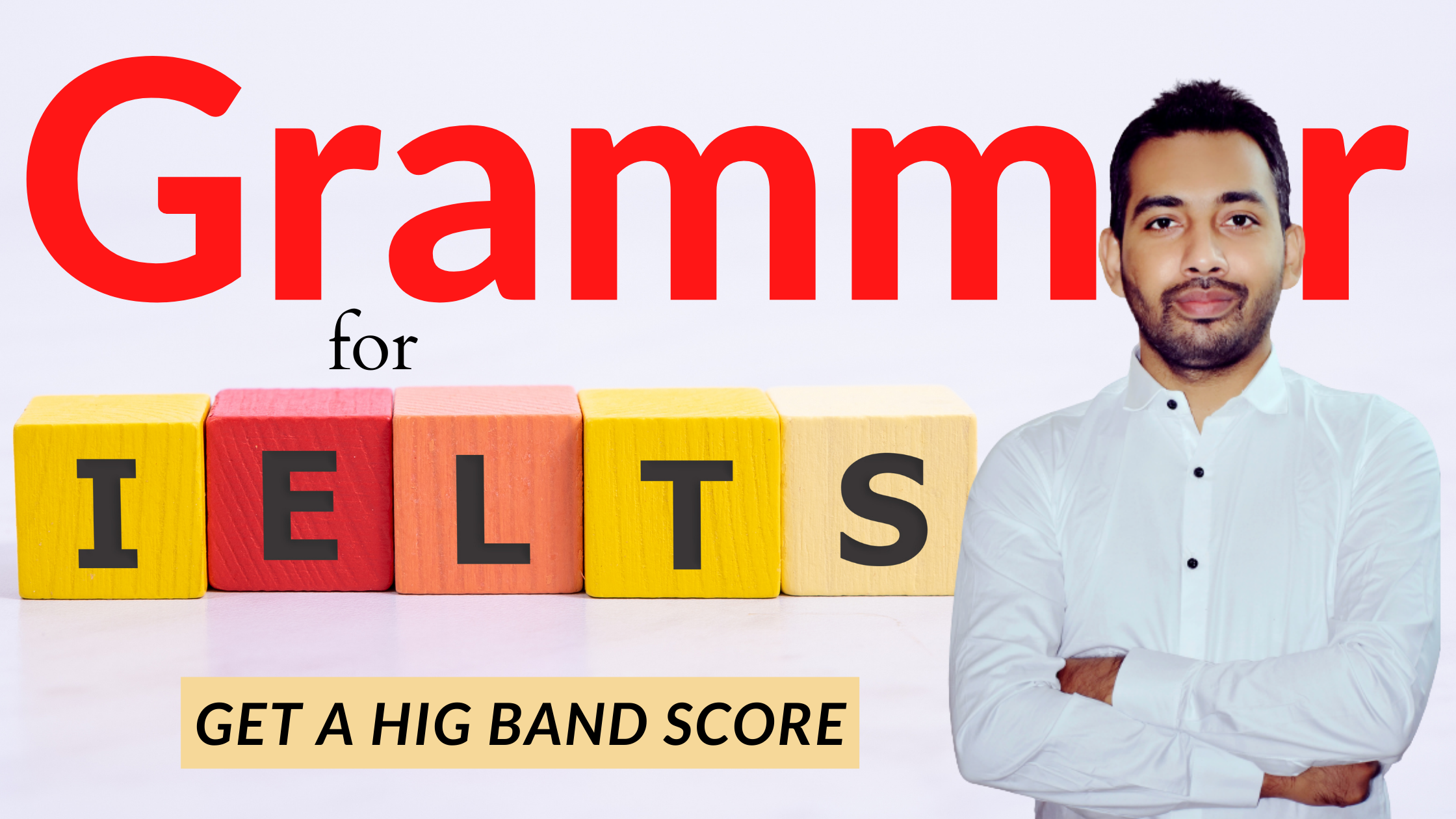Grammar is a guide good book that helps us form a correct pattern in reading, writing, and speaking. For that reason, we need grammar for IELTS. Here in this lesson, we’re going to talk about “State Verbs Uses.” Please keep in mind that you are not supposed to get a high band score unless you improve your grammar. So, learn and practice.
Previous Lessons
Present Simple Uses
In the previous lesson, we studied the uses of Present Continuous. Now it’s important to note that The present continuous is not normally used with state verbs because the meaning of the verb itself is a general truth rather than something temporary. These verbs describe thoughts, feelings, senses, possession, and description.
Examples of state verbs
Here are some examples of state verbs.
thoughts: agree, assume, believe, disagree, firget, hope, know, regret, remember, soppose, think, understand
Examples:
I assume you are too busy to play cricket with us.
I hope he is doing well now.
I believe this tradition will not change.
feelings: adore, despise, dislike, enjoy, feel, hate, like, love, mind, prefer, wantDo you mind if I ask you a few questions?
For example I love swimming.
senses: feel, hear, smell, see, taste
Examples:
This pudding smells delicious.
It tastes good.
Note: To talk about something happening now we use can:
Examples:
I can smell something burning.
I can hear someone crying.
possession: have, own, belong
For example
I own a language school.
description: appear, contain, look, look like, mean, resemble, seem, smell, sound, taste, weigh
Examples:
You look like your father.
She resembles her mother.
Some state verbs can be used in the continuous form when the meaning is temporary.
Compare:
What are you thinking about? (now)
I think you should tell her exactly what happened. (my opinion, so not temporary)
I‘m tasting the sauce to see if it needs any more salt.
The sauce tastes delicious.
She‘s having a great time. (is having = is experiencing, not possession)
Students don’t generally have much money. (have = possession)

Read Also | Vocabulary For IELTS
E-books to Buy | IELTS Reading, IELTS Writing
Follow us on Instagram, Facebook



